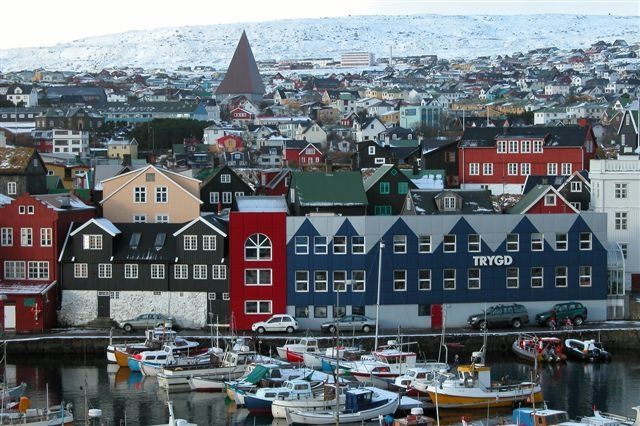The Faroe Islands will hold a referendum on a new constitution in 2018 in preparation for a possible national ballot on separating from Denmark.
According to information on the Faroese government’s website, a vote on a new constitution is scheduled for 25 April 2018. The vote had originally be planned for this year.
“The Faroese constitution will define our identity as a nation and our fundamental rights and duties as a people, including our right to self-determination,” said Aksel V Johannesen, the Faroe Islands prime minister.
A triumph for the people
Johannesen said that a Faroese constitution would be “a triumph for the Faroese people and for democracy in the Faroe Islands”.
Denmark won control over the Faroes in 1814 and continues to govern the archipelago in areas like defence, law enforcement, currency and foreign affairs.
The Faroese people – totalling around 50,000 – control most of their domestic policy.
Stronger as a commonwealth
After a meeting with Johannesen and Greenland’s premier Kim Kielsen, Danish PM Lars Løkke Rasmussen said he respects the two countries’ desire for independence.
“I think the commonwealth makes us stronger,” said Rasmussen.
“At the same time, I respect that both the Faroe Islands and Greenland want to have their own constitutions.”
Plans for a Faroese constitution have been in development for years.















